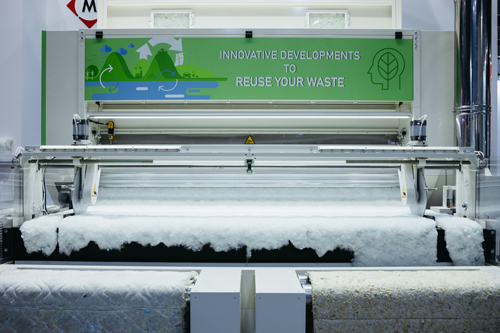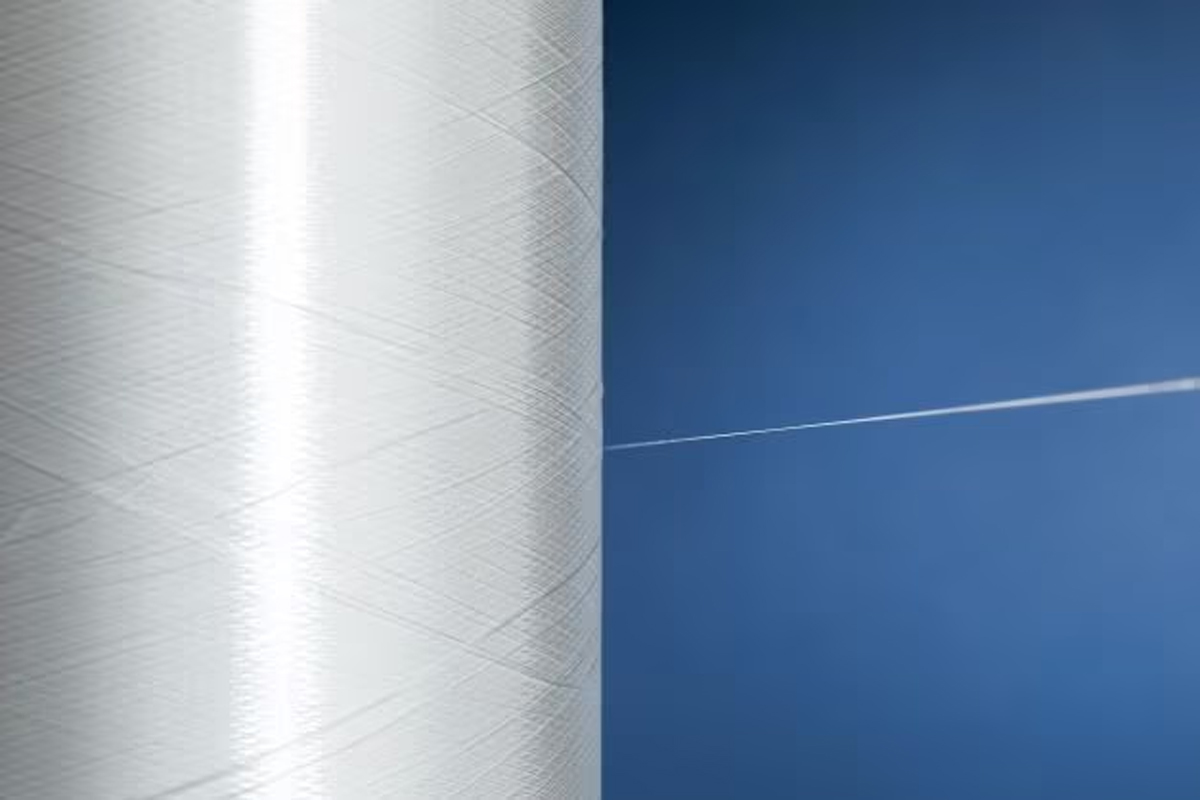Maintaining their long tradition of being pioneers in the domain of textile technology, Spanish companies have been leaders when it comes to servicing the precise needs of customers across the globe

Spain has a long tradition of textile manufacturing. The Spanish textile technology companies bring great knowledge to the global market with their continuous innovation since they have always been able to respond to the needs of the market while maintaining a high level of competitiveness. This is a European technology to which is added a quality of service that is difficult to match. When it comes to specialisation, there are companies engaged in products such as yarn, chemicals and dyes, knitting, digital printing and textile finishes. All such companies together contribute their domain expertise to the market.

Today, sustainability is a major concern of this industry just as it is for companies in India. In this sense, the great challenge is to improve the efficiency of the manufacturing processes of the finishes and reduce the quantities of water needed. Spanish technology works to meet the needs of companies in this sector in India with machines that allow for a very significant reduction in water consumption. Spanish textile technology companies are also involved in reducing energy costs by designing increasingly efficient and less energy-consuming machinery. This translates into lower costs for the textile manufacturer and a very significant reduction in the environmental footprint.

Sharing examples of how this is carried out, Alejandro Gallego, Business Unit Director (Industrial and Textile Technology), AMEC AMTEX, says, “Spanish manufacturers provide new solutions that improve the performance of their customers such as water-efficient finishing machines, high-performance and efficient software, single-pass digital printing, new spare parts’ materials and new pigment staining chemicals. They also update manufacturing processes to work with new textile materials, such as Kevlar® or carbon fibre. Machinery manufacturers are focused on creating technology that will present textiles that are changing our lives: active clothing, industrial protective equipment, PPE, technical equipment or military protection.”
Taking the Lead

In that sense, the Spanish industry clearly stands out for offering completely customised solutions for its high level of service and for ensuring maximum customer satisfaction. It stands out for its total commitment and very high quality of service. Elaborating, Gallego says, “Machinery manufacturers are engineers that completely customise the machines, adapting them to the needs of each client – the type of product they treat and the type of process they perform. The great value of the Spanish textile technology manufacturers is that they offer solutions to textile companies that range from the conception of a customised project to its implementation in the customer’s factory.”
“Training is also provided, thus maintaining total commitment at all times,” he adds. In terms of personalisation, the machine is designed according to the customers’ requirements: whether they need to reduce process time, reduce energy consumption, or whatever else they consider is important for enhancing the production process. Behind each machine is an engineering department that has worked strongly in the area of customer service. As for the impact of the pandemic on maintaining the service standards, Gallego states that Spanish textile technology manufacturers were actually able to go even further and innovate to maintain their high quality of service.

“Spanish manufacturers have made even more progress in their service quality thanks to super-digitalisation through the presentation of digital samples, technical virtual reality services and customised communication with their customers to offer a direct link and real-time problem solving. Companies have been concerned above all with the health of their workers and have been very close to their customers. The companies also opened a period of reflection that they have taken advantage of to update their products, making an upgrade in the telematics technical assistance service. It is now possible to establish the same approach with the customer as with a visit to the company. Work processes have been digitised and are more flexible,” he adds.




